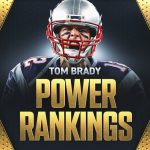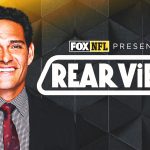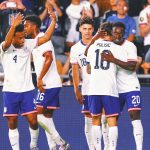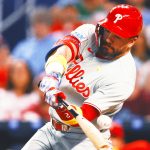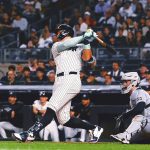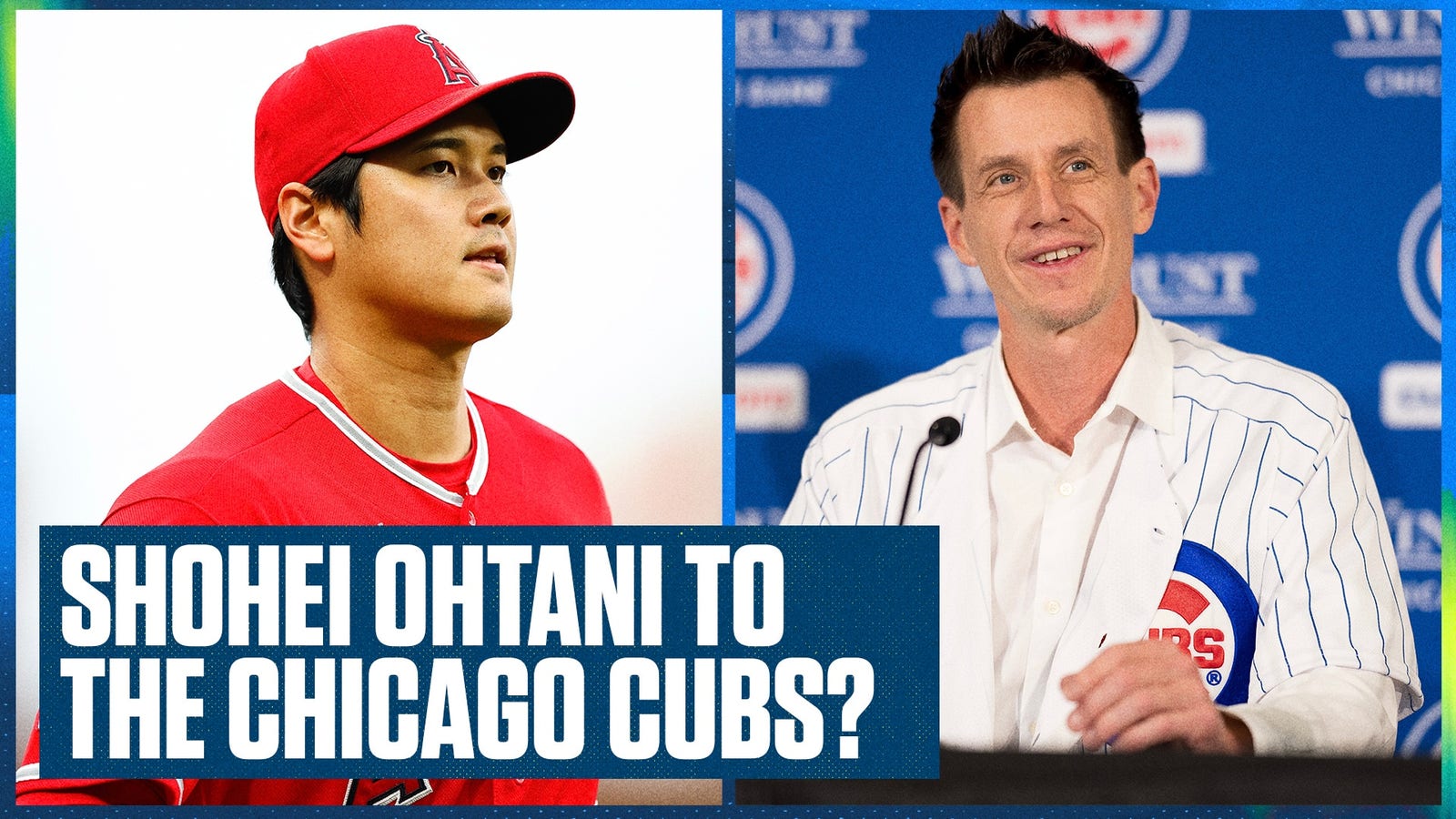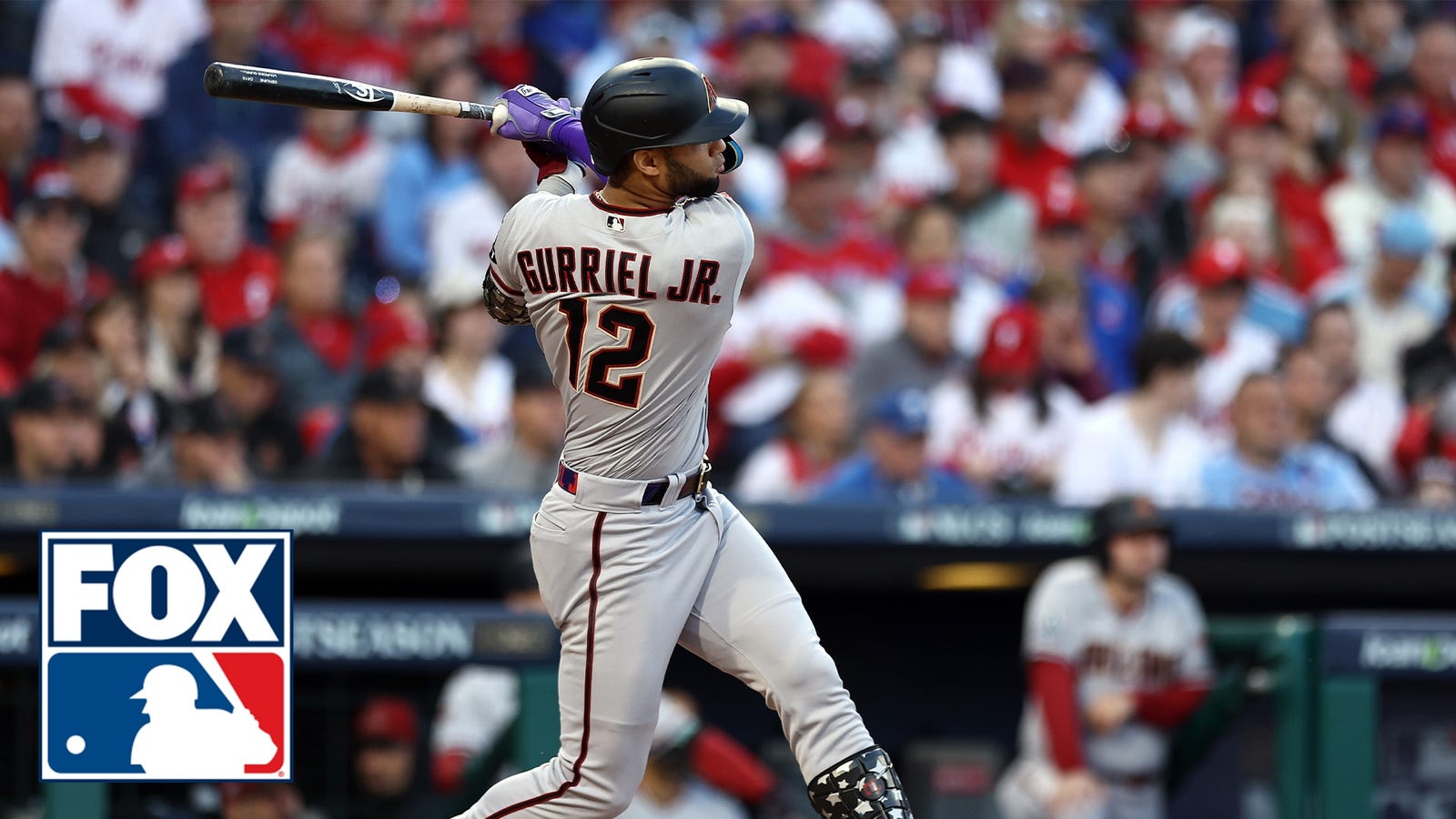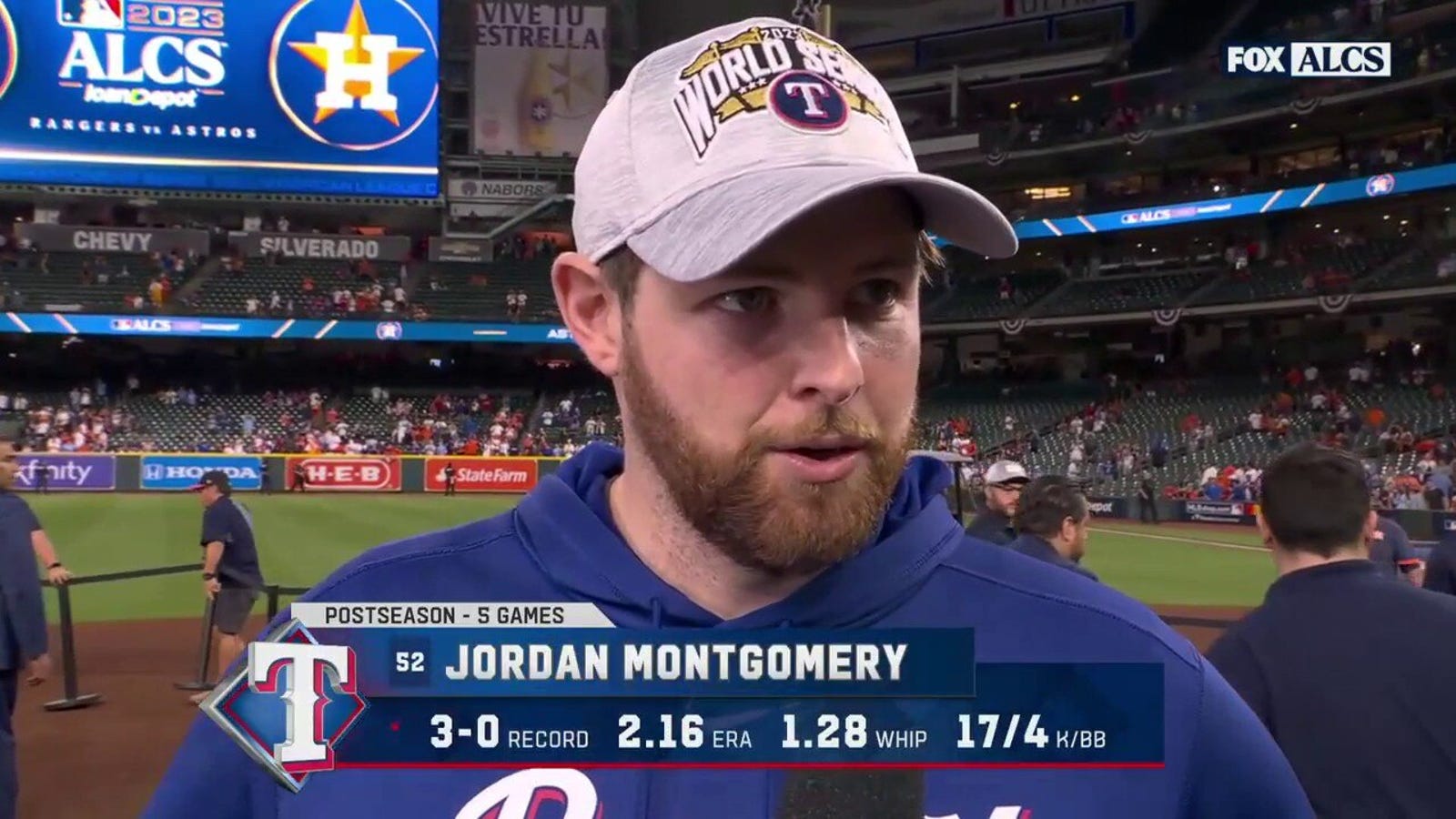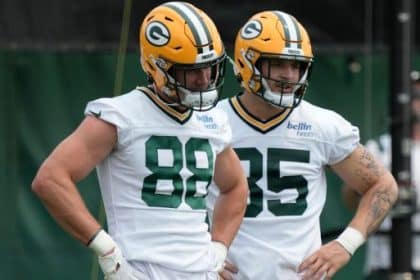The 2023 Atlanta Braves were a success and a failure.
The club won 104 regular-season games, the most in baseball and the second-most in franchise history. For the sixth straight year, Atlanta captured the National League East, this time by a whopping 14 games. Ronald Acuña Jr. delivered a season for the ages; 73 steals, 41 homers and, soon, the NL MVP trophy. Spencer Strider had occasional struggles with run prevention, but posted the best strikeout rate for a starter in MLB history. Atlanta’s offense tied the all-time record for home runs in a single season while becoming the first unit to slug over .500.
But six magical months were overshadowed by one disastrous week.
For the second year in a row, Atlanta was bounced by the division rival Phillies in the NLDS. One win in the playoffs is a lot more important than 104 during the regular season; unfair as that may be. This is an organization designed to win championships. Anything less is a disappointment.
ADVERTISEMENT
That means even the juggernaut Braves, who boast the sport’s most enviable core, enter this winter with a plethora of unanswered questions. Yes, they will almost certainly be league favorites on Opening Day 2024, but the decisions made by president of baseball operations Alex Anthopoulos & Co. over the next few months figure to impact how the Braves fare next October, when it really matters, when it really counts.
1. What’s the payroll?
Atlanta’s payroll has steadily increased over the past few seasons, from around $150 million in 2021 to over $200 million a year ago. Anthopoulos and club chairman Terry McGurk told reporters at the GM meetings that they anticipate that trend to continue. Just how high the Braves are willing to go will largely shape their offseason. Their involvement in free agency will be especially interesting since they were idle a year ago beyond trading for and extending catcher Sean Murphy.
The current roster is most in need of (1) an outfielder, (2) another frontline starting pitcher, and (3) more bullpen help. But like every team under the sun, Atlanta is sure to have at least some interest in Shohei Ohtani. The Braves haven’t played at the tippy-top of the free-agent market under Anthopoulos, but Ohtani is a different beast.
Roster Resource has Atlanta pegged for a 2024 payroll around $190 million, which puts them about $15 million under last year’s mark. Whether the powers that be — the team is owned by multinational conglomerate Liberty Media — raise payroll by $20 million or $40 million will determine just how active they are in the Ohtani stakes, and what level of starting pitcher they’re able to acquire.
2. Who is playing left field?
The Braves acquired Eddie Rosario at the 2021 trade deadline and the utility outfielder proceeded to deliver one of the all-time great October performances in the NLCS against the Dodgers. That earned Rosario a shiny new deal with Atlanta. But after two seasons of average to subpar offensive production, the Braves declined an option on the final year of Rosario’s contract. And so Atlanta, whose 2024 starting lineup looked all but set, needs a new left fielder.
Youngster Vaughn Grissom is one potential internal option. Folks around the game think the 22-year-old is athletic enough to learn the grass even though he’s never played the outfield. But there are still big questions about Grissom’s bat, and forcing him to learn a new position at the big-league level is probably not the best way to empower him offensively.
That means the Braves are almost certain to fill their outfield spot externally.
Expect them to stay far away from Cody Bellinger (they don’t often sign Scott Boras clients and he’ll get more money somewhere to play center field), the top outfielder on the market. Fortunately for the Braves, there are a glut of veteran corner bats available in this free-agent class. They’ll have to sift through Tommy Pham, Lourdes Gurriel Jr, Aaron Hicks, Teoscar Hernández, Joc Pederson, David Peralta, Michael Brantley and Jason Heyward to find their one true king.
Gurriel is the youngest and best defensive player in that group, but he’ll cost the most and doesn’t provide the veteran presence of a Pham or a Brantley. Peralta and Hicks probably don’t move the needle enough (they might as well bring Rosario back at that point). A reunion with Pederson feels unlikely, but a heroic Heyward return to Atlanta would fill the left-handed void created by Rosario’s departure. My guess? Pham or Gurriel.
3. Which starting pitcher do they acquire?
Thirteen different pitchers started a game for the Braves this past season, a surprising amount of turnover for a team that won 104 games. Lengthy injuries to 2022 rotation stalwarts Max Fried and Kyle Wright forced a lot of young, inexperienced pitchers into duty, many of whom showed admirably. But with all due respect to Dylan Dodd, Jared Shuster and Allan Winans, the Braves aren’t looking for admirable, they’re looking for another title.
For 2024, Strider, Fried and Charlie Morton are locks. Wright is out all year after a recent shoulder surgery. Sinkerballer Bryce Elder was magnificent in the first half but tailed off late and roughed up by the Phillies in the NLDS. He’ll open the season in Atlanta’s rotation but has something to prove before the Braves can rely on him to start another postseason game. They also can’t depend on the 40-year-old Morton’s health.
All signs point to Atlanta going hard after one of the market’s top free-agent arms. That’s the expectation in the industry, as well. Aaron Nola‘s dependability makes him an enticing option. South Carolina native Jordan Montgomery would surely relish the southern flavor and proximity to home. Japanese all-world righty Yoshinobu Yamamoto is only 25 years old and could pair with Strider for the next half-decade.
4. Are there any signs of a Fried extension?
The Braves have a track record of signing young players to team-friendly extensions, just before they really pop. At the same time, they’ve let franchise icons like Freddie Freeman and Dansby Swanson bounce in free agency. If Anthopolus doesn’t think the price is right, he has no qualms with walking away.
That makes a Fried extension extremely unlikely. If Atlanta wanted to extend him at the price Fried values himself at, he’d be extended already. Still, Fried is one of the best pitchers in the world; you don’t let a guy like that leave without giving it a try. The Braves aren’t trading the 29-year-old lefty, he’s still a crucial part of their 2024 club, but if the winter comes and goes without a peep of a Fried extension, expect this season to be his last in Atlanta.
5. Do the back-to-back early October exits lead to any type of roster shakeup?
No. Well, probably not. This organization believes in itself and its process. Truncated playoff appearance aside, Atlanta’s clubhouse culture remains phenomenal. The young core is the envy of baseball. There’s very little reason to change things up.
The departure of both base coaches — Ron Washington took the Angels managerial job and brought first base coach Eric Young Jr. with him — means a few new faces. Washington and Young Jr. were big, beloved personalities who gained the love and trust of their players. Replacing them won’t be easy.
It’s also worth noting that the club must account for some level of offensive regression. Almost everything went right for the Braves’ lineup last season and there’s almost surely going to be a comedown for one or two of their key bats. How Atlanta mitigates that inevitability — whether it be through a bolstered bench, a new left fielder or a rejuvenated rotation — is going to be key.
Jake Mintz, the louder half of @CespedesBBQ is a baseball writer for FOX Sports. He played college baseball, poorly at first, then very well, very briefly. Jake lives in New York City where he coaches Little League and rides his bike, sometimes at the same time. Follow him on Twitter at @Jake_Mintz.
Flippin’ Bats:
MLB trending
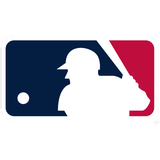
Get more from Major League Baseball Follow your favorites to get information about games, news and more

